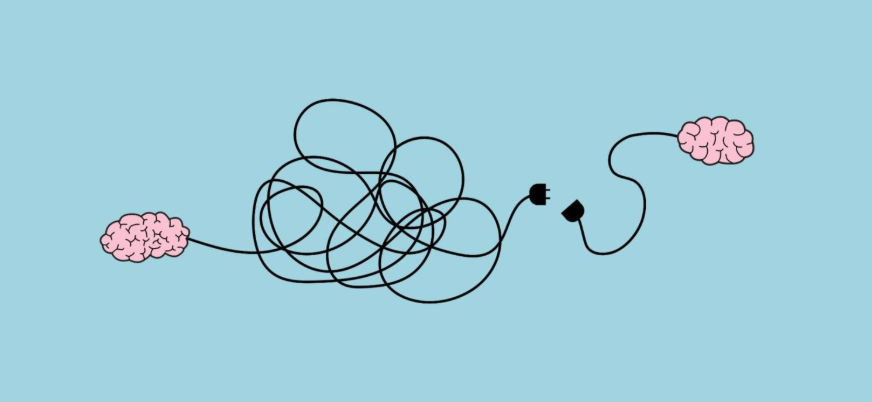5 Tips for Dealing With Anxiety
May 7, 2015
5 Life-Changing Benefits of Meditation
May 18, 2015Many people use the terms “shame” and “guilt” interchangeably, but counsellors and researchers agree that there is actually a significant difference. The simplest way to differentiate between these two feelings is as follows.
Shame = I am bad.
Guilt = I did something bad.
You can see that shame is an affront on who we are as a person, while guilt is focused on the behaviour. Guilt lets us know that we’ve done something that conflicts with how we want to live. It can be a positive motivator to apologize, make amends, or improve. Alternatively, shame is discouraging. It lures us into thinking we cannot change for the better because the problem is at the core of our being. Feelings of shame can emerge from all different aspects of our lives including appearance, parenting, money, age, health, religion, and more.
In one of her earlier books, The Gifts of Imperfection, Dr. Brené Brown, who researches shame, vulnerability, and worthiness, defines shame as, “the intensely painful feeling or experience of believing that we are flawed and therefore unworthy of love and belonging.” This is problematic because all human beings have an innate need to be loved and feel like we belong. When fulfillment of this need is threatened, major issues can arise. Shame has been associated with aggression, bullying, depression, eating disorders, and more.
So, what can we do to combat these negative effects of shame?
First of all, Dr. Brown says it’s important to note that all humans experience shame, we’re all afraid to talk about it, and the less we talk about it the more control it has over us. According to Dr. Linda Hartling, who studies dignity and humiliation, some of us instinctively respond to shame in three ways: by moving away – hiding, moving toward – pleasing, and moving against – fighting. These are unhelpful strategies. Dr. Brown has put together a more beneficial plan of action that takes intentionality: Name it, talk about it, own your story, and tell the story. Recognize when you are feeling ashamed and name it as such. Talk about it with a close, trusted friend or family member. Be honest about your experience and your feelings, and have the courage to share your story. Have empathy for yourself and your situation.
Essentially, we must embrace our imperfection. An experience is only a sliver of who you are; don’t label yourself (or allow others to label you) based on an action or experience. We all make mistakes and feel shame. We’re all human, which means we’re all in this together. With awareness, accurate language, and practiced skills we can move away from shame and towards empathy.
For further insight, you can also check out Brené Brown’s other books, Daring Greatly, and coming out this summer, Rising Strong. She also did a TED Talk which you can watch online entitled Listening to Shame.
If you feel like you may benefit from help in dealing with negative feelings such as guilt, shame, anxiety etc. please contact us to find out how we can support you.
This blog post was written by:
Nicole Ripley, BA Psyc, M.Couns
Registered Clinical Counsellor (#10535)
Okanagan Clinical Counselling Services







